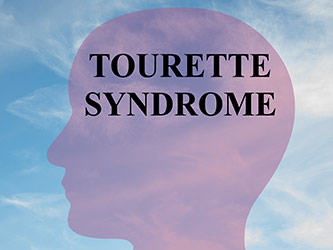Higher adherence to the Mediterranean diet is associated with reduced tics and obsessive-compulsive symptoms: A series of nine boys with Obsessive-Compulsive Tic Disorder
This 2019 study suggests that there may be a bidirectional relationship between dietary habits and the clinical symptoms of Obsessive-Compulsive Tic Disorder (OCTD) such as impulsive behaviors. The literature has demonstrated that OCTD symptoms can influence eating behaviors, and that food patterns or dietary supplements may reduce clinical severity. This article highlights the effectiveness of nutritional counseling in altering unhealthy eating habits among a group of 9 boys from Italy with OCTD. The children were given non-specific Mediterranean dietary advice to promote a balanced diet. A month later, the severity of the boys’ tics and obsessive-compulsive behaviors were found to be lower, although their quality of life also dropped. To summarize, healthier dietary patterns may be linked with improvements in severity of tics and obsessive-compulsive behaviors in boys with OCTD. It was also deduced that the effects of nutritional interventions on the quality of patients’ life should be considered, particularly when young children are involved. Neuropsychiatrists, clinical psychologists, and nutritionists should all play a part in the treatment of OCTD patients. [NPID: OCTD, OCD, obsessive, tics, Italy, disorder, Mediterranean diet]
Year: 2019

 Navigation
Navigation






